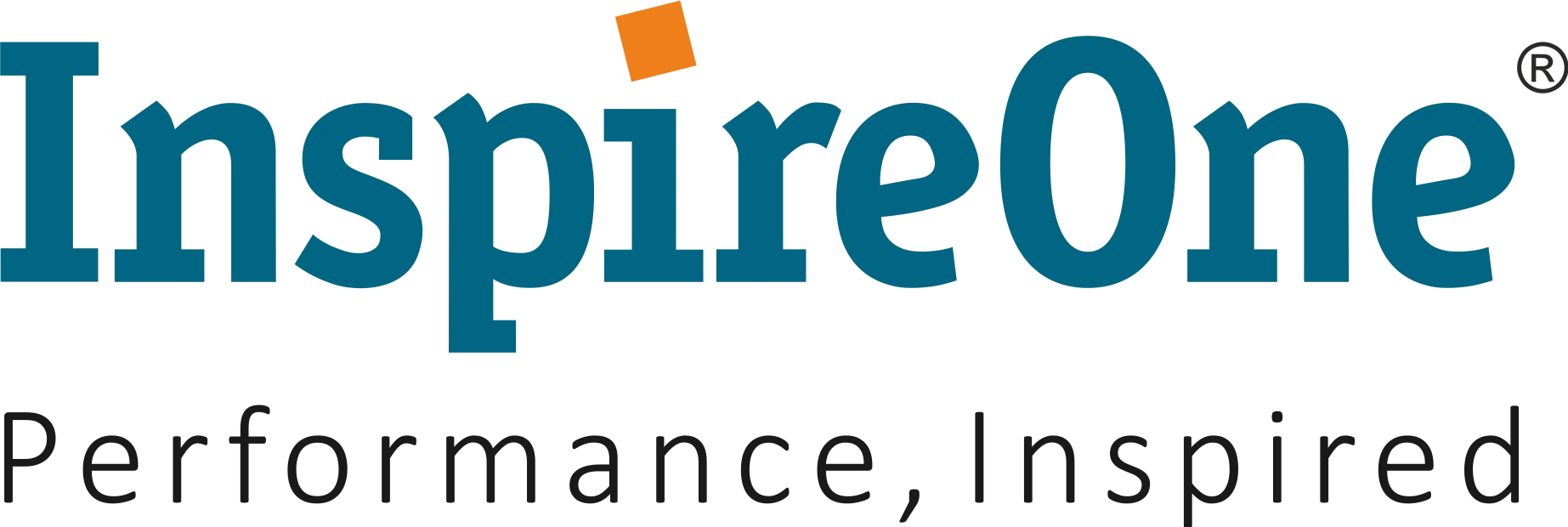Any workforce today has a mix of Baby Boomers, Gen X, and Millennials. While Baby Boomers continue to form the largest section of the employee population, by 2020 they are going to be overtaken by the Millennials. Already the Millennials account for the second largest proportion of the workforce, ahead of Gen X.
The rise of Millennials in any organization has a strong impact on the organization, especially its culture. For instance, management across organizations have implemented a certain style of employee engagement strategy for years. However, now that needs to change. Millennials have been raised in an environment which is markedly different from that of their predecessors. It is prudent, therefore, for organizations to take a close look at their strategy to engage millennials.
We have listed down five key areas that organizations should consider while revamping their employee engagement policies for the millennials.
Flexibility
Millennials enjoy flexibility in the way they work. For example, according to a recent study conducted by Millennial Branding, 89% of Millennials prefer to choose when and where they work rather than being placed in a 9-to-5 position.However, this fondness for flexibility is not just limited to logistical elements like work timing. Millennials also like having the autonomy to do their work in their own way, which might very often deviate from the tried and tested methods of the past.
Clear Career Path
The new generation is very career focused. However, they also want work-life balance.Being cognizant of where their career is heading helps them in planning their life ahead. This, in turn, helps them to constantly maintain that balance between their profession, and their interests outside of work. Hence, if an organization wants to engage and retain any millennial talent, it is imperative that s/he is taken through a well chalked out career plan. This eases his/her anxiety pertaining to his/her career, thus enabling greater focus on delivering their best for the organization.
Role
Stemming from the clarity of their career paths, another critical area to engage millennials is to offer them roles which challenge them. A typical 9 to 5 job is not something that excites the new generation. Studies show that professional growth & development is one of the strongest motivators for millennials. They need to be offered roles which allow that to them. Their role should judiciously utilize their capabilities, and challenge them to push themselves further to innovate. In fact, according to a recent study by Deloitte, nearly 70% of Millennials prefer working for organizations that actively reward employees for innovative ideas.
Continuous Feedback
The millennials are a generation from here and now. They are used to getting things immediately (almost!). The ever so reducing delivery time offered by e-commerce companies (same day delivery!) is a testament to this drive for instant gratification. When it comes to the professional front, it is no different. Millennials expect instant feedback. The gap between annual, bi-annual appraisals is too huge to keep them engaged. It is important that their managers share their feedback with the millennials regularly. Importantly, this feedback shouldn’t be limited to the positives and negatives of what they are doing, but also include specific inputs on what are the areas/skills that they need to improve to get ahead in their career.
Socialization
There was a time when employees wanted to keep their professional & personal lives separate. However, for the millennials, these two worlds are closer than ever before. Be it adding colleagues on ‘personal’ social media sites like Facebook & Instagram (as opposed to a more professional networking site like LinkedIn), or spending post-work evenings bonding with colleagues at a pub, the millennials are more open to bridge that gulf between what’s personal & professional. Socializing comes more naturally to them than their predecessors. This is also reflected in the fact that millennials enjoy working in teams, juxtapose their predecessors who preferred contributing individually. Any engagement strategy for millennials ought to look at this motivation for them as well.
In conclusion, millennials are the immediate future for organizations and it is critical that they engage them well. One of the first steps in this initiative is to understand the specifics of what drives the millennials in their organization. An employee engagement survey would benefit greatly in achieving this. Based on the findings of the survey, organizations can then lay down a strategy to engage their millennials, which would help organizations grow in the long run.
Sources:
- http://millerbernstein.com/understanding-and-engaging-millennial-employees/
- http://iveybusinessjournal.com/publication/the-millennials-a-new-generation-of-employees-a-new-set-of-engagement-policies/
- http://www.inc.com/jeff-haden/managing-millenials-how-to-lead-connect-and-engage-millenial-employees.html
- http://www.forbes.com/sites/castlight/2014/12/15/4-ways-to-engage-and-retain-millennial-employees/#44b8109f5482







